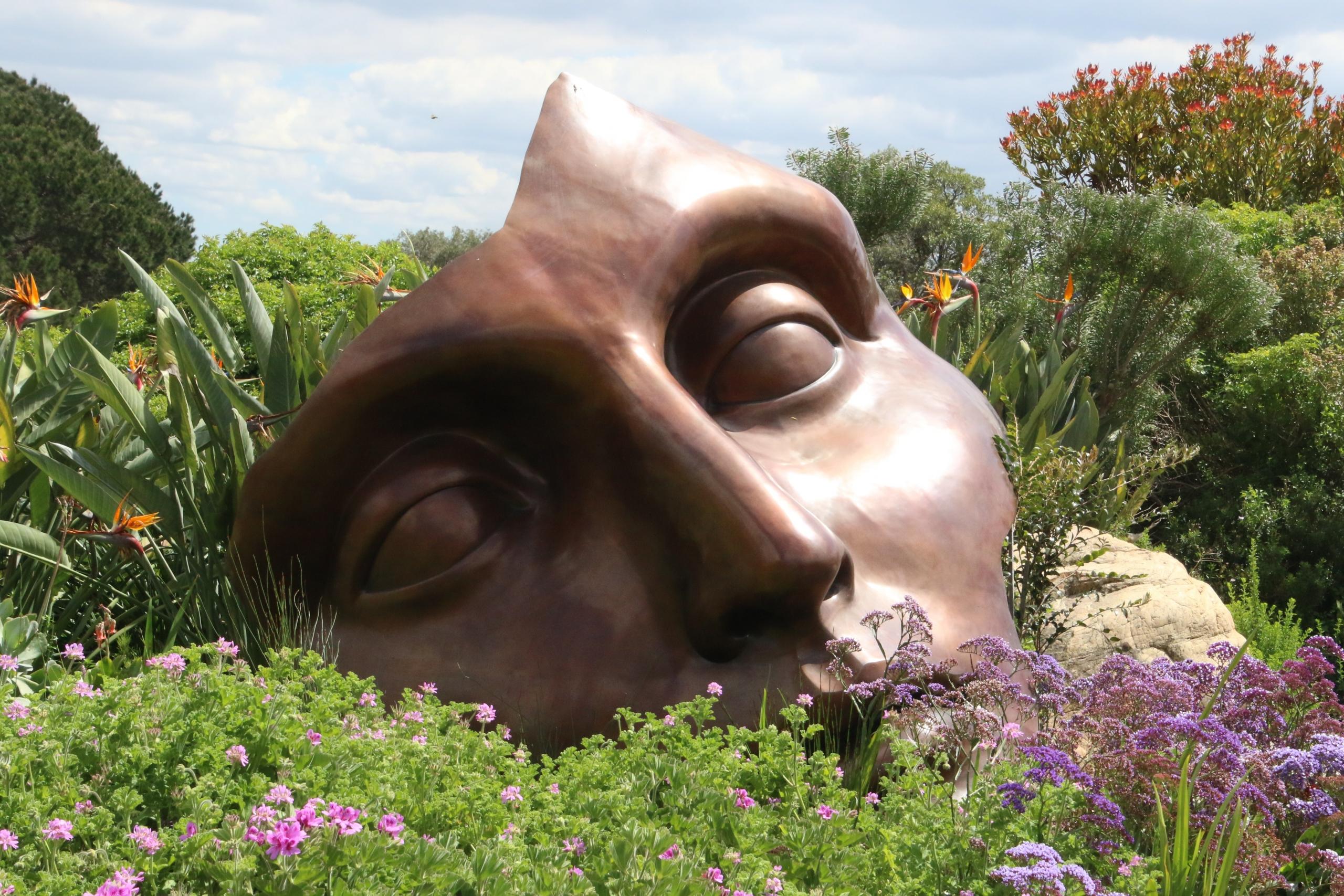In the chronicles of psychology, one name stands out as the founding father of modern experimental psychology: Wilhelm Wundt. A pioneer in his field, Wundt's groundbreaking work revolutionised the way we understand the human mind and paved the way for the scientific study of behaviour.
Born in 1832 in Germany, Wundt's insatiable curiosity and thirst for knowledge led him to become one of the key figures in the development of experimental methods in psychology. His theory, known as voluntarism, focused on conscious experience through systematic observation and introspection. As the first person to establish a laboratory dedicated to experimental psychology, Wundt laid the foundation for future psychologists to explore the depths of human cognition.
Wundt's experiments were meticulous and comprehensive, covering a wide range of topics, including perception, memory, and language. His rigorous approach to research, coupled with his determination to uncover the inner workings of the mind, earned him worldwide recognition and solidified his place in history as a visionary in the field of psychology.
Join us as we journey through the life and work of Mr Wundt, delving into his theories, experimental methods, and enduring impact on the world of psychology. Prepare to be captivated by the story of a brilliant mind who dared to challenge the status quo and explore the mysteries of human consciousness.

The Origins of Psychology
Before we delve into Wilhelm Wundt's life and work, it is essential to understand the historical context in which psychology emerged as a distinct discipline. For centuries, the observation of the mind and behaviour fell under the purview of philosophers. Ancient civilisations, such as China, Greece, and India, had their own philosophers who explored the human experience and pondered the nature of consciousness.
However, it was not until the 15th century that the term "psychology" was first used by Latinist Marko Marulić in his work, "Psychology, on the Nature of the Human Soul." During the Enlightenment period, philosophers like Gottfried Leibnitz and Christian Wolff began to take a keen interest in psychology, attempting to apply biological principles to understand the workings of the mind.
Wilhelm Wundt: Early Life and Studies
Wundt was born into an affluent family on August 16, 1832, in the small town of Neckarau, Germany. His father, Maximilian Wundt, was a Lutheran minister, and his mother, Marie Wundt, ensured that Wilhelm received a well-rounded education. At the age of four, the family moved to southwest Germany, where Wilhelm had the freedom and security to explore his interests.
Wundt's academic journey began with the study of medicine at the University of Tübingen. He earned his medical degree in 1856 and joined the university's staff as an associate professor. Despite his medical background, Wundt's lectures contained more psychological information than medical. His fascination with the mind and behaviour of mortals gradually led him to devote his career to the emerging discipline of psychology.
In 1874, Wundt published the world's first psychology textbook, "Principles of Physiological Psychology," solidifying his reputation as a pioneer in the subject. This landmark publication marked the beginning of psychology as a distinct scientific discipline.

Introspection: A Scientific Approach
One of the key aspects of Wilhelm Wundt's work was his emphasis on introspection as a scientific method. Introspection is the process of examining one's own thoughts and feelings internally. However, Wundt believed that introspection should be conducted by trained individuals who could eliminate personal biases and filter out their past experiences and emotional makeup.
Wundt considered introspection to be an objective analytical process, distinct from the naive introspection often practised by philosophers. He argued that for introspection to be scientifically relevant, it needed to be impersonal and conducted under controlled conditions. This approach aimed to ensure that introspective observations could be replicated and verified, contributing to the overall scientific understanding of the human mind.
Experimental Psychology: Wundt's Methodology

Wilhelm Wundt's most significant contribution to psychology was his establishment of the world's first laboratory dedicated exclusively to psychological studies at the University of Leipzig in 1879. This laboratory became the epicenter of experimental psychology, attracting aspiring psychologists from around the world.
In his laboratory, Wundt focused on using experimental methods to investigate the human mind. He believed that psychology should be approached as a natural science, separate from metaphysical speculation. Wundt's experiments often involved measuring reaction times, sensory perception, and other cognitive processes using precise instruments and controlled conditions.
His work focused on understanding the vols, or mental processes, that occur during different tasks and activities. With his innovative approach, Wundt was able to pinpoint the exact point at which these mental processes took place, allowing for a deeper understanding of human cognition and behaviour.
Wundt sought to uncover the causal relationships between different mental processes and behaviours, shedding light on why we think and act the way we do.
By breaking down complex tasks into smaller components, Wundt was able to identify the specific mental activities that contributed to our overall experience.
One of Wundt's notable experimental methods was the use of introspection in conjunction with stimulus-response experiments. Participants were presented with stimuli, and their responses were carefully observed and analysed. This combination of introspection and experimental observation allowed Wundt to study the processes of perception, attention, and memory in a systematic and scientific manner.
Wilhelm Wundt's Contributions to Psychology
Wilhelm Wundt made several significant contributions to the discipline of psychology, which shaped its development and laid the groundwork for future research. Some of his key contributions include:
- Establishing Psychology as a Legitimate Discipline: Wundt's establishment of the first psychological laboratory and his publication of the first psychology textbook marked the beginning of psychology as a separate scientific discipline.
- Promoting Experimental Psychology: By emphasising the importance of experimental methods and controlled observations, Wundt paved the way for the growth of experimental psychology as a distinct branch of psychology.
- Defining the Scope of Psychology: Wundt focused on the study of conscious processes and rejected the notion of psychology delving into metaphysical or unconscious realms. He believed that psychology should be grounded in direct experience and empirical observation.
- Influencing Future Psychologists: Wundt's work had a profound impact on the field of psychology, inspiring and influencing generations of psychologists, including notable figures like B.F. Skinner and Sigmund Freud.

In the realm of psychology, Wilhelm Wundt is regarded as a pioneering figure. His theory laid the foundation for the emergence of modern psychology as a distinct subject of study. Wundt's general principle was to understand human thinking and behaviour through scientific observation and experimentation.
He believed that by examining the thoughts and experiences of individuals, one could uncover the underlying principles that govern their actions. Wundt emphasised the importance of logic and reason in understanding human behaviour, arguing that the study of psychology should be grounded in objective observation and empirical evidence.
One of Wundt's key contributions was his focus on the individual as the primary unit of analysis. He believed that each person possessed unique thoughts, feelings, and experiences that shaped their behaviour. Wundt argued that to fully understand human nature, one must take into account the individual's subjective perspective and personal history. This emphasis on the individual was a departure from earlier theories that sought to explain behaviour based on general principles or societal influences.
Wundt's theory also emphasised the role of thinking in shaping human behaviour. He believed that thinking was a fundamental process that underpinned all aspects of cognition and behaviour. Wundt saw thinking as a logical process, guided by principles of reasoning and problem-solving. He believed that by studying how individuals think, researchers could gain insights into the underlying mechanisms of human cognition.
Furthermore, Wundt's theory stressed the importance of logic in understanding human behaviour. He argued that logical thinking was essential for making sense of the world and for engaging in rational decision-making. Wundt believed that by studying logical principles, researchers could gain a deeper understanding of how individuals process information and make judgments.
In summary, Wilhelm Wundt's theory revolutionised the field of psychology by focusing on the individual as the central unit of analysis. His emphasis on logical thinking and empirical observation laid the groundwork for modern psychological research. By exploring the unique thoughts and experiences of individuals, Wundt sought to uncover the general principles that govern human behaviour. His theory continues to shape our understanding of psychology today.
Wilhelm Wundt's impact on the field of psychology cannot be overstated. His establishment of psychology as a separate scientific discipline, his emphasis on experimental methods and introspection, and his contributions to the understanding of conscious processes have shaped the trajectory of psychology as a field of study.
Wundt's legacy lives on in the countless psychologists who have been inspired by his work and have built upon his theories and methodologies. As the father of modern psychology, Wilhelm Wundt has left an indelible mark on the field, forever changing the way we understand and study the human mind and behaviour.















